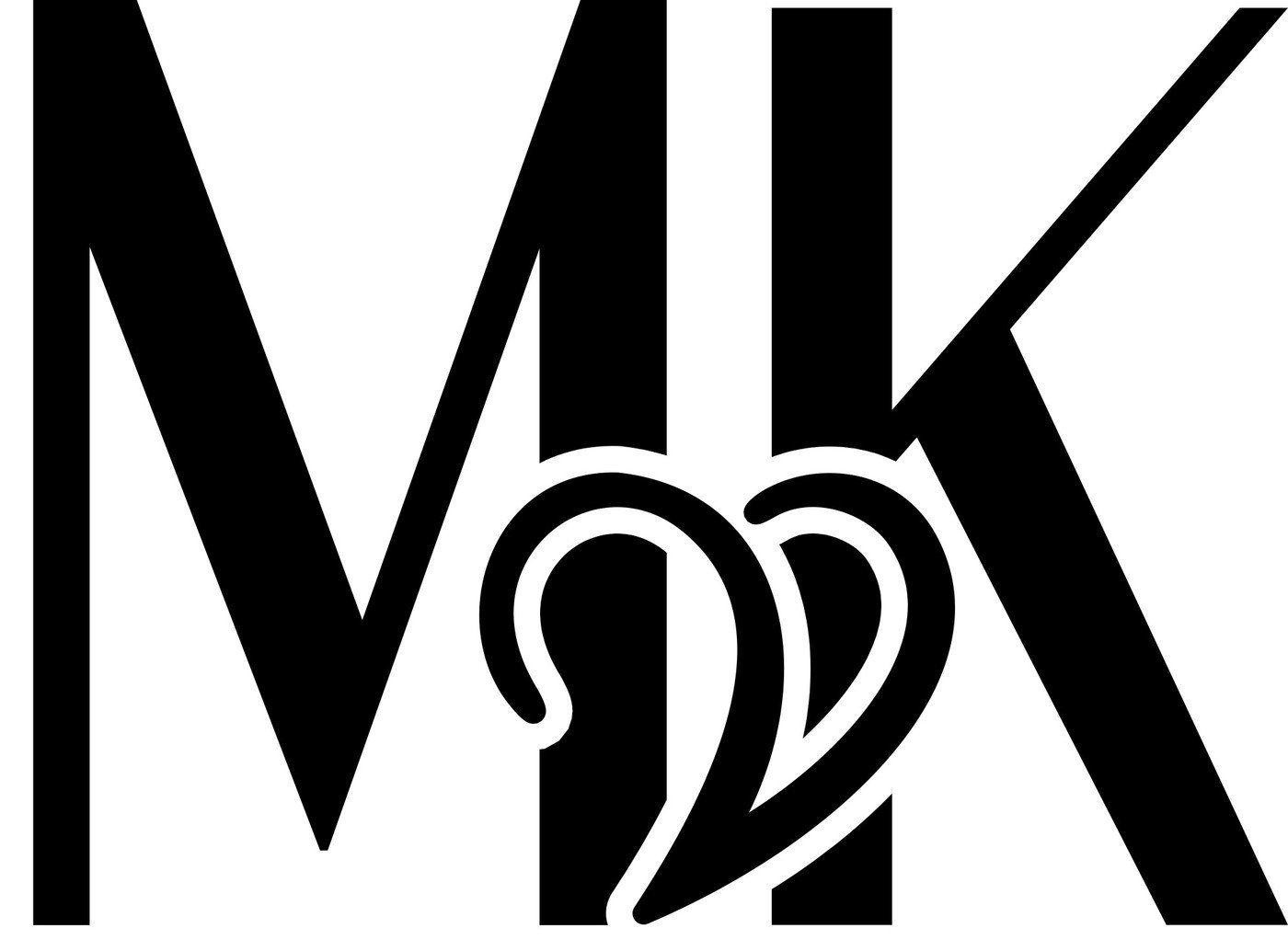Let me break it down for you, buddy. Ever stumbled across an MKV file while downloading movies or TV shows? Yeah, that’s what we’re diving into today. MKV, or Matroska Video, is more than just another file extension—it’s a game-changer in the world of multimedia. Think of it as a Swiss Army knife for video files, packing tons of features that make it stand out from the crowd.
But hold up, why should you care? Well, if you’re into movies, TV series, or anything video-related, understanding MKV files could seriously elevate your streaming experience. From better quality to more flexibility, MKV files have got your back. So, buckle up, because we’re about to deep-dive into everything you need to know about this powerhouse format.
Before we get too technical, let’s clear the air. MKV isn’t some alien technology—it’s just a container format that wraps up your video, audio, subtitles, and even metadata into one neat package. It’s like having all your entertainment essentials in one spot. Ready to learn more? Let’s go!
Read also:Matt Studio C The Ultimate Guide To Elevating Your Creative Vision
What Exactly is an MKV File?
Alright, let’s start with the basics. MKV stands for Matroska Video, and it’s a multimedia container format. Think of it as a box that holds all your favorite media components—video, audio, subtitles, chapters, and metadata—all in one place. It’s open-source, meaning anyone can use it without paying a dime, and it’s designed to be future-proof, ensuring compatibility with newer technologies.
One of the coolest things about MKV is its flexibility. Unlike other formats, MKV supports multiple audio and subtitle tracks, which is a lifesaver if you’re into foreign films or just want to switch languages on the fly. Plus, it’s lightweight, so you won’t have to worry about bloated files hogging your storage space.
Why Should You Choose MKV Over Other Formats?
Here’s the deal: MKV isn’t just another file format; it’s a superior option for several reasons. First off, it’s highly customizable. You can tweak it to your heart’s content, adding or removing tracks as you see fit. Secondly, it supports almost every codec out there, so you don’t have to stress about compatibility issues.
And let’s not forget about quality. MKV files are known for delivering top-notch video and audio quality, making them a favorite among movie enthusiasts and tech geeks alike. If you’re tired of dealing with pixelated videos or out-of-sync audio, MKV might just be the answer you’ve been looking for.
How to Open and Play MKV Files
Now that you know what MKV is, the next question is: how do you open and play these files? Don’t sweat it, pal. There are tons of media players out there that support MKV, and most of them are free. VLC Media Player, PotPlayer, and MPC-HC are some of the most popular options, and they’re super easy to use.
Just download one of these players, install it on your device, and you’re good to go. No need for complicated setups or additional software. And if you’re on a Mac or mobile device, there are plenty of alternatives that’ll get the job done just as well.
Read also:Darius Ruckers Wife A Deep Dive Into Her Life Achievements And Influence
Top 5 MKV Players You Should Know
- VLC Media Player – A reliable and feature-packed option for all platforms.
- PotPlayer – Lightweight and packed with advanced playback features.
- MPC-HC – A classic choice for Windows users, offering smooth playback and customization.
- MPV – A minimalist player that’s perfect for power users who prefer simplicity.
- Kodi – A versatile media center that supports MKV and more, great for home theater setups.
Converting MKV Files: Is It Necessary?
Let’s face it, not everyone uses MKV. Some devices and platforms still prefer older formats like MP4 or AVI. But does that mean you have to convert your MKV files? Not necessarily. While conversion is an option, it’s not always the best choice. Converting files can lead to quality loss and longer processing times, which is a bummer.
However, if you absolutely must convert, there are plenty of tools out there that can help. HandBrake, FFmpeg, and Any Video Converter are just a few of the many options available. Just remember, always keep a backup of your original files, just in case.
Why Sticking with MKV is a Smart Move
Here’s the thing: MKV is versatile, compatible, and future-proof. If you’re constantly converting files, you’re wasting time and potentially sacrificing quality. Instead, consider upgrading your devices or software to support MKV natively. Trust me, it’s worth the investment.
Editing MKV Files: Tips and Tricks
So, you’ve got an MKV file, but it’s not quite what you want. Maybe the subtitles are off, or you want to trim the video. No problem! Editing MKV files is easier than you think. Tools like MKVToolNix, Subtitle Edit, and Aegisub are your best friends when it comes to tweaking your MKV files.
With MKVToolNix, you can merge multiple MKV files, add or remove tracks, and even adjust metadata. Subtitle Edit and Aegisub, on the other hand, are perfect for syncing subtitles or translating them into different languages. The possibilities are endless!
Common Mistakes to Avoid When Editing MKV Files
- Don’t overwrite your original files unless you’re absolutely sure you won’t need them later.
- Avoid using low-quality tools that could damage your files or introduce errors.
- Be careful when adjusting video or audio settings, as this can affect playback performance.
Advantages and Disadvantages of MKV Files
Like anything else, MKV files have their pros and cons. Let’s break it down:
Advantages
- High-quality video and audio
- Support for multiple tracks and subtitles
- Open-source and free to use
- Compatible with most modern devices and software
Disadvantages
- Not supported by all older devices
- Can be larger in size compared to other formats
- Requires specific software for playback and editing
Is MKV the Best Format for You?
At the end of the day, whether MKV is the best format for you depends on your needs and preferences. If you’re into high-quality video and audio, and you don’t mind using specialized software, then MKV is definitely worth considering. But if you’re more concerned about compatibility and ease of use, other formats like MP4 might be a better fit.
How to Decide Which Format is Right for You
Here’s a quick checklist to help you make the right choice:
- Do you need high-quality video and audio? → Go for MKV
- Are you using older devices or platforms? → Consider MP4 or AVI
- Do you want maximum flexibility and customization? → MKV is your friend
Final Thoughts: Embrace the MKV Revolution
So, there you have it, folks. MKV isn’t just another file format—it’s a game-changer in the world of multimedia. With its high-quality output, flexibility, and open-source nature, it’s no wonder so many people are switching to MKV. But remember, it’s not the only option out there. Consider your needs and preferences before making the switch.
And hey, if you’ve got any questions or comments, drop them below. I’d love to hear your thoughts on MKV and how it’s changed your streaming experience. Until next time, keep exploring and stay tech-savvy!
Table of Contents
- What Exactly is an MKV File?
- Why Should You Choose MKV Over Other Formats?
- How to Open and Play MKV Files
- Converting MKV Files: Is It Necessary?
- Editing MKV Files: Tips and Tricks
- Advantages and Disadvantages of MKV Files
- Is MKV the Best Format for You?
- Final Thoughts: Embrace the MKV Revolution


